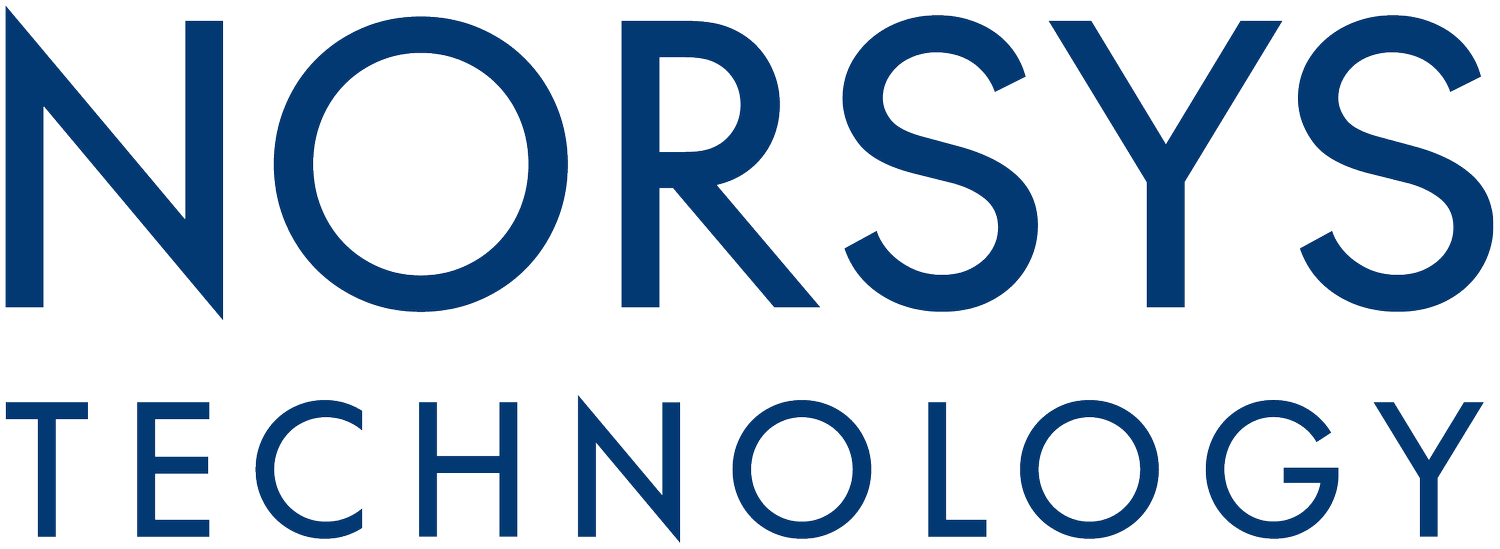Leadership Lessons from the Chief Operations Officer
We had the opportunity to engage in conversation with Luc Burgard, the distinguished Chief Operating Officer of Recipharm. While Luc currently works in pharmaceutical manufacturing, he is well established in biotechnology research and automotive manufacturing.
Luc has grown from field engineer to operations lead and demonstrates strong leadership skills with a deep understanding of industry complexities. He emphasizes data analytics as an indispensable tool for strategic decision-making, and we were eager to explore his perspective.
Building a Specialized Team
Luc has encountered a significant challenge in his career: the steep learning curve associated with complex data analysis tools. He believes that the time investment required to familiarize people with these tools often outweighs the benefits. That's why he uses Minitab.
From his early days as a quality engineer to his current role as COO, Luc has consistently leveraged Minitab Statistical Software to empower his teams. He particularly values features like the Minitab Assistant and the Quality Trainer (now the Education Hub), both of which accelerate the training process by providing a hands-on approach to learning applied statistics. Users can apply their knowledge immediately while comprehending the underlying principles, making data analysis more accessible and effective.
Download Our Primer on Leveraging Minitab Statistical Software for Industry-Specific Needs!
Focused Expertise
When building his teams, Luc focuses on selecting specialized colleagues with deep statistical knowledge who can quickly identify and address complex problems as they arise. Instead of establishing large and robust teams, he explains that to tackle complex operational problems, Luc asks a team of problem solvers to make breakthroughs by applying analytical techniques that help reveal hidden root causes and process flaws. His understanding of the importance of building a well-rounded team starts with these expert individuals and trickles down.
Luc’s commitment to investing in his team’s growth is centered around continuous improvement. Successful organizations rely on strong cross-functional collaboration to drive innovation and efficiency.
The COO plays a pivotal role in fostering such collaboration by overseeing various departments and ensuring their alignment with overall company goals. Luc discussed his perspective on cross-functional collaboration as necessary for process improvement, enhanced operational performance, and to support innovation.
Fostering Cross-Functional Collaboration:
Identify interdependencies: Understand how these departments interact and identify potential areas for improvement. He believes in building upon his team’s strengths, rather than dwelling on their weaknesses.
Promote shared goals: Ensure that each department is working towards common objectives, aligning their efforts with the company's overall strategy. For Luc, these goals surround safety, quality, delivery, and cost.
Facilitate knowledge sharing: Encourage the exchange of information and best practices across teams, leading to more informed decision-making. One data point needs to make its way across multiple departments — it’s important to ensure seamless data flow between teams.
Luc discussed how many different departments he oversees, jokingly saying “It would be easier to tell you what I don’t play a part in!” From process development and strategic procurement to manufacturing and engineering, it’s necessary for him to have data crossing four or five dimensions to make decisions. In addition, Luc plays a key role in fostering innovation across operations – the recent launch of ReciPredict demonstrated the power of bringing complex data analysis with other capabilities and tools in the organization, for the benefit of Recipharm’s customers.
Streamlining Data Across Teams
He explained that at every company, we struggle to get the right data on time, get it in a dashboard, and do all the things that come before interpretation — “It all works in silos.” However, streamlining data across teams is how Luc makes informed decisions. By doing so, the COO has the power to:
Identify bottlenecks: Pinpoint areas where efficiency can be improved by identifying bottlenecks or inefficiencies in the production process.
Measure performance: Track key performance indicators (KPIs) to assess the effectiveness of initiatives and identify areas for improvement.
Make evidence-based decisions: Use data to support decision-making, reducing reliance on assumptions and gut feelings.
Leveraging the Technology
One notable example of Minitab's impact is Luc's utilization of Quick Response Quality Control (QRQC). By employing QRQC as a framework, teams can rapidly identify and address quality issues, reducing downtime and improving overall product quality. Minitab's statistical capabilities enable teams to analyze data for QRQC initiatives, providing insights into the root causes of defects and guiding targeted corrective actions.
His strategic adoption and use of Minitab Statistical Software for over 20 years underscores the transformative potential of data-driven decision making in modern operations. By empowering teams with the tools and knowledge to analyze data, Luc has fostered a culture of operational excellence and continuous improvement.
Luc mentioned the teams have applied AI in copilots proving helpful for text processing. However, the risk lies in being locked in over-promised magic platforms offering basic analytics. Many tools struggle with structured data, leading to inefficiency. The vendors promote intelligence when what they deliver is knowledge. True AI success often requires custom solutions, blending providers, engineers, and mathematicians.
At Minitab, we focus on reliable, tested AI techniques that align with our brand values of quality, trust, and accuracy, avoiding "AI hallucinations". Our methods are rigorously tested, we use reliable and proven techniques like rule-based AI, expert systems, and machine learning in our solutions. We're researching new technologies, ensuring they meet these standards.
Watch our webinar “What's New in Minitab Statistical Software: The Next Generation of Solutions Analytics” to learn more from one of our expert statisticians!
*This blog post was written by Alyssa Sarro in collaboration with Luc Burgard and his team at Recipharm for Minitab

